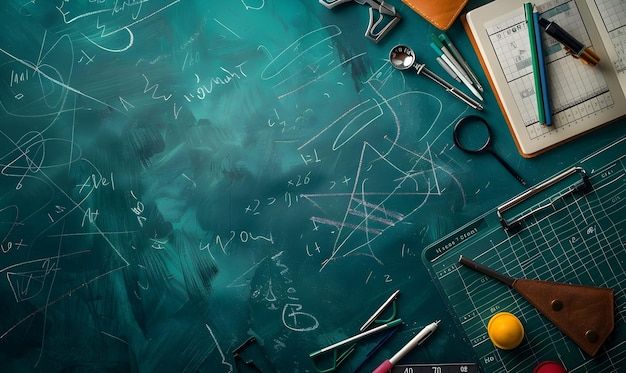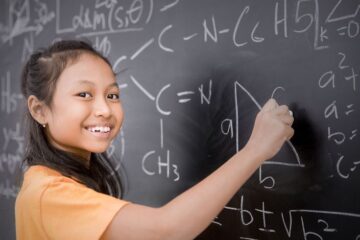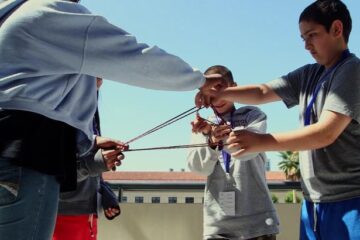In every batch, I meet students who are afraid to attempt a question because they might get it wrong. They hesitate, erase their answers repeatedly, or wait for someone else to solve it first. But I always remind them — “Your mistakes are your best teachers.”
When you make a mistake while solving an equation, it forces you to think differently. It challenges your assumptions, helps you analyze your process, and opens a new path in your understanding. That’s exactly how true learning happens — not by getting everything right, but by correcting what went wrong.
In my class, I have one simple rule:
“It’s okay to make mistakes in math, but not okay to stop trying.”
Because when you stop trying, you stop learning. Mistakes, on the other hand, show that you’re pushing your limits, exploring new methods, and engaging deeply with the problem. Every wrong step teaches you what not to do — and that’s just as valuable as knowing the right method.
Think about the greatest mathematicians and scientists — Newton, Ramanujan, Einstein. None of them reached success without failure. Every discovery they made was built on countless errors, revisions, and moments of confusion. The difference was, they didn’t fear mistakes — they learned from them.
So, the next time you get a question wrong, don’t feel discouraged — smile. Because it means you’ve just found one more way that doesn’t work, and that’s progress. Review your steps, understand the error, and correct it. That’s how you build strong mathematical intuition and confidence.
Remember, math is not about perfection — it’s about persistence.
If you keep solving, keep questioning, and keep learning from every mistake, success will naturally follow.
So next time you pick up your pen and face a tricky problem, don’t worry about being wrong.
Be proud that you’re learning — one mistake at a time.



